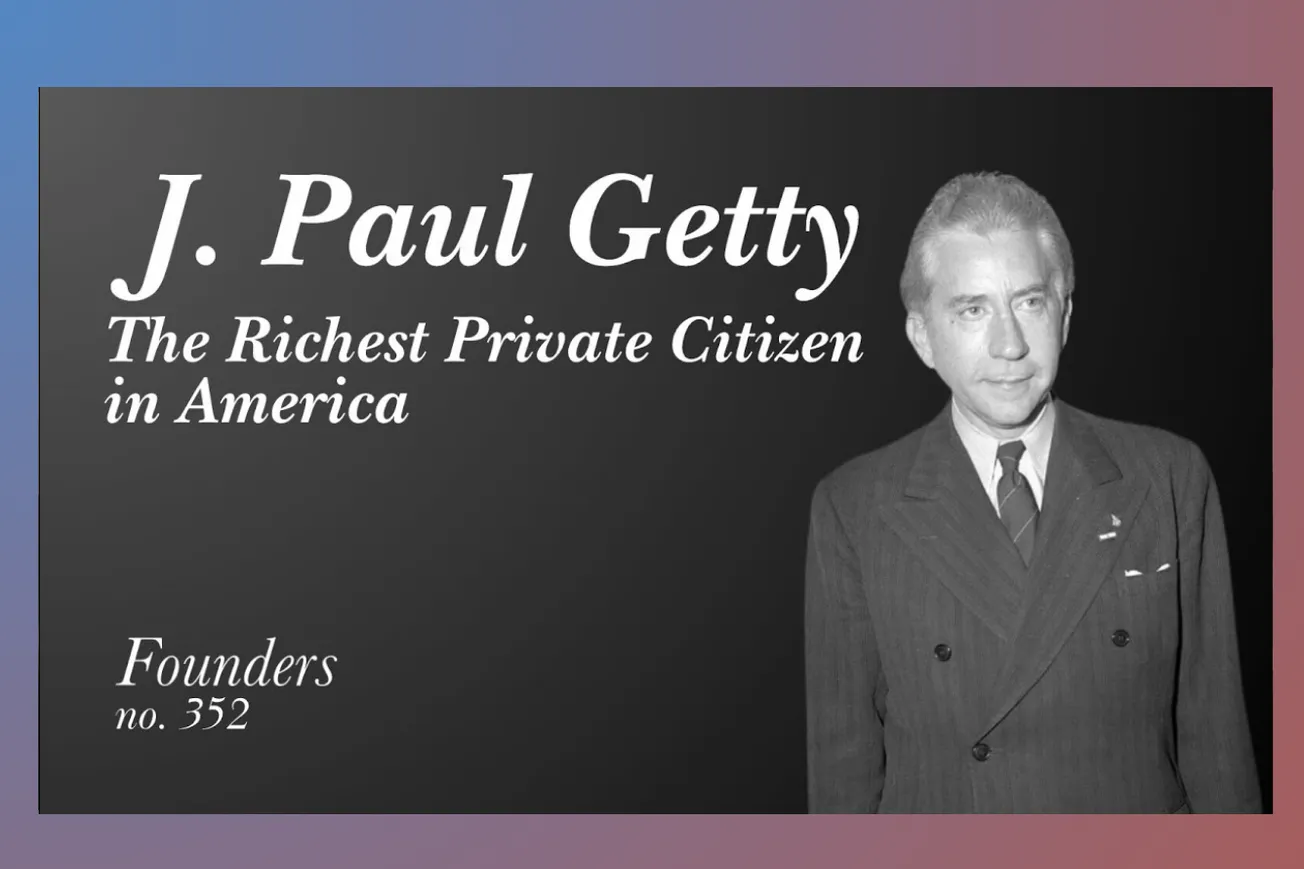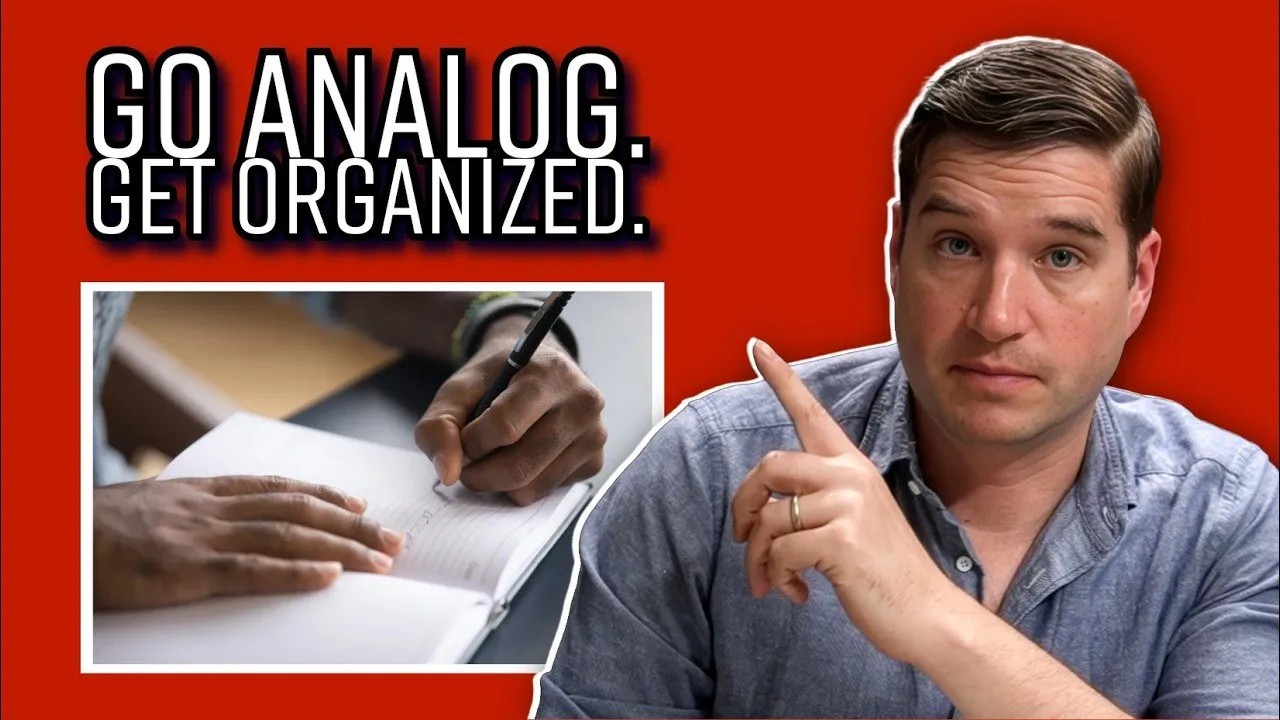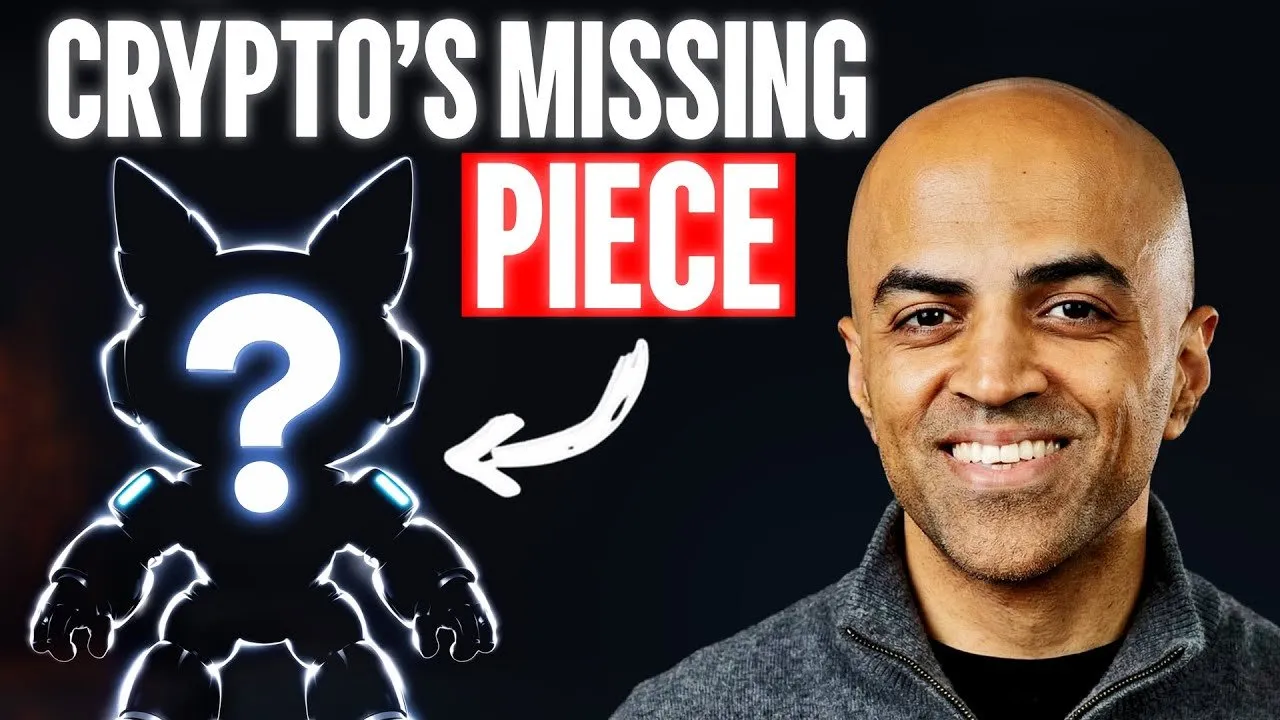Table of Contents
J. Paul Getty transformed his father's $15 million oil company into a billion-dollar empire through relentless work ethic, strategic acquisitions, and building relationships with the world's most powerful people.
Key Takeaways
- Getty's father George provided the perfect foundation through early oil field experience, teaching self-reliance and work ethic from age 11
- He made his first million dollars at 22, retired at 24, but returned to work driven by challenge and responsibility rather than greed
- Getty's business philosophy centered on vertical integration, buying during panics, keeping cash reserves, and knowing every detail of operations
- His "autocratic tendencies" and micromanagement style extended to memorizing equipment inventories and monitoring museum air conditioning costs from thousands of miles away
- The Great Depression provided his first major opportunity - buying undervalued oil company shares when others panicked, ultimately gaining control of Tidewater
- His biggest breakthrough came from securing Saudi Arabia's neutral zone oil concession for what competitors called "outrageous" terms that made him the world's richest private citizen
- Getty sacrificed personal relationships for business success, experiencing five failed marriages while admitting "I gave more time and attention to oil wells than to my home"
- His "liaison center" at Sutton Place served as a relationship-building headquarters where he cultivated friendships with world leaders and fellow entrepreneurs like Aristotle Onassis
- The tragic death of his son George led to devastating self-reflection about whether business pressures contributed to the loss
Timeline Overview
- Early Foundation (1892-1914) — Born into wealthy family; father George Getty switches from law to oil after 1903 Oklahoma boom; early exposure to drilling operations and oil field culture; development of work ethic through summer labor jobs starting at age 15
- First Success and Retirement (1914-1916) — College years combined with oil field work; mentorship under veteran "Grizzle"; independent drilling operation with father's backing; first million-dollar success followed by brief retirement at age 24
- Building the Empire (1916-1930) — Return to business driven by challenge and responsibility; father's death and inheritance of $15 million company; early acquisition strategies and vertical integration planning
- Depression Opportunity (1930-1940) — Strategic buying during financial panic; acquisition of Tidewater Associated Oil Company shares; conflict with estate executors over expansion plans; establishment as major independent oil operator
- Global Expansion (1940-1955) — Missed Iraq concession opportunity in 1932; securing Saudi Arabian neutral zone concession in 1948; massive investment and construction of global infrastructure; emergence as world's richest private citizen
- Personal Struggles and Legacy (1955-1976) — Multiple family tragedies including son George's death; reflection on business success versus personal failures; establishment of Sutton Place liaison center; final years as elder statesman of business
The Foundation: A Father's Perfect Training
J. Paul Getty's transformation into the world's richest private citizen began with what he called "the perfect seat set for me" - a father who understood that true wealth required both character development and practical experience, not mere inheritance.
- George Getty's career switch from successful attorney to oil entrepreneur in 1903 Oklahoma demonstrated the power of recognizing opportunity, drilling 43 wells with 42 producing oil on his first attempt in the business
- Getty's education began at age 11 when his father brought him to oil fields not as a future boss but as an observer, where "drilling fascinated him" and he absorbed industry knowledge through direct exposure
- The summer job requirement at age 15 established life-changing principles: "I would receive the going wage which was $3 a day for a 12-hour shift, I could expect no preferential treatment because I was the boss's son, I would have to learn to hold my own with the other men"
- George Getty's disciplinary approach included sending his son to military school for poor grades, with Paul later reflecting that "the strict regimented environment was good for me"
- The mentorship with veteran oil worker "Grizzle" provided encyclopedic knowledge of field operations, giving Getty a decade of hands-on experience before beginning his independent career at 22
- His father's gentle guidance culminated in the perfect proposal: try independent operation for one year with 70-30 profit split, and "if this experiment doesn't work out and if you're unhappy, you can do whatever you wish and I will not say another word"
George Getty's approach created not just business knowledge but unshakeable confidence, with Paul later writing "without the love and training of my father I would not be the man I became."
The Million-Dollar Lesson in Motivation
Getty's first major success and subsequent retirement revealed crucial insights about what truly drives exceptional entrepreneurs beyond the initial achievement of wealth.
- After nearly giving up multiple times during his first year as an independent operator, Getty was sustained by "warmhearted encouragement and advice from older seasoned oilmen" who understood the inevitable struggles of the business
- His breakthrough well came from a $500 lease that produced 700 barrels per day, creating feelings he described as "elation and triumph that one experiences when he brings in his first producing well - the feelings do not diminish when it's the 10th or 100th well"
- The rapid accumulation of his first million dollars led to a critical mistake: "I was stunned at the realization that I had so much, I believed it was all the money I could ever use or need and I stopped working entirely"
- His attempted retirement at 24 resulted in depression despite having "everything I want" - parties, women, luxury - because "other men were bringing in gushers, they were opening up new fields, I opened up nothing that could possibly gush except for far too many champagne bottles"
- The return to business was driven by psychological necessity rather than financial need: "this state of affairs first nagged, then gnawed, and finally became intolerable - I unretired"
- His father's response to the return demonstrated wisdom: "my father said nothing, not even 'I told you so,'" understanding that the lesson had to be learned through experience
Getty's early retirement taught him that entrepreneurs are motivated by challenge and responsibility, not just money accumulation.
Autocratic Excellence: The Details Matter
Getty's management philosophy combined extreme micromanagement with complete personal responsibility, creating a system where nothing escaped his attention regardless of scale or distance.
- His self-awareness about leadership style was complete: "my tendency is to be autocratic - I had long ago recognized this in myself" and "I chose to be my own drilling superintendent because it was the only way I could be sure that my crews did exactly what I wanted"
- The micromanagement extended to absurd levels, including monitoring air conditioning usage at his California museum from England: "air conditioning shall be turned off at all times at night and shall be used during the daytime only on those days which are exceptionally hot"
- His knowledge of operations was encyclopedic - he "memorized the entire inventory of studio equipment including the number of light bulbs they had in stock" because knowing his business "from A to Z" meant there was "no problem you can't solve"
- Getty embraced Harry Truman's "the buck stops here" philosophy, writing that when "the man in charge accepts direct final responsibility, he makes full advanced payment for the rewards and privileges he receives"
- His hands-on approach earned respect from oil field workers who "accepted him as a full member of their exclusive fraternity" because he could "perform any task" and was a "working boss"
- The 12-14 hour workdays at age 83 involved "a steady stream of cables, written reports and letters from every conceivable corner of the globe" because he remained "an oil man, a wildcatting operator at heart"
Getty's extreme attention to detail created what he called "a unique sense of independence and self-sufficiency" where he never had to look beyond himself for accountability.
Depression-Era Opportunity: Buying When Others Panic
The Great Depression provided Getty with his first opportunity to demonstrate the temperament that separates great entrepreneurs from merely successful ones - the ability to act decisively when everyone else is paralyzed by fear.
- While estate executors wanted to restrict expansion during economic uncertainty, Getty held "views in direct opposition" because he was "convinced of eventual economic recovery and firmly believed in the business dictum that you should buy when prices are low"
- The opportunity was unprecedented: "stocks in publicly owned companies with huge if temporarily undervalued assets were selling at prices that made them barely believable bargains - shares selling for as little as a twentieth of their net underlying asset value"
- His strategic vision focused on vertical integration: "the time was ideal to obtain control of a company with refinery facilities and marketing outlets - to put together an integrated well-to-consumer oil company"
- The Tidewater acquisition battle unknowingly pitted him against the Rockefeller family's secret ownership, but "by the time I discovered the truth I was too deeply committed to withdraw from the fray"
- The breakthrough came through relationship leverage when John D. Rockefeller Jr.'s representative called Getty on New Year's Day 1933 to sell Mission Corporation rights for $10 per share while Rockefeller was unreachable on a train to Arizona
- The domino effect was immediate: "many other Jersey Standard stockholders felt that if a Rockefeller thought it was wise to sell his Mission Corporation rights, they would be wise to do the same"
Getty's Depression-era moves demonstrated that fortunes are made by those who can act rationally when markets are irrational.
The Neutral Zone: Betting Everything on the Deal of a Lifetime
Getty's acquisition of Saudi Arabia's neutral zone oil concession represented both his greatest gamble and the transaction that made him the world's richest private citizen, proving that it's "hard to overpay for a truly great business."
- The opportunity arose from his 1932 mistake of backing out of Iraq oil concession negotiations during crude oil price panic, a decision he called one of his "whoppers" that cost immeasurable future revenue
- Seventeen years later, most major corporations had secured Middle Eastern concessions, but the 2,400-square-mile neutral zone between Saudi Arabia and Kuwait had been "passed over" by competitors
- His geologist's assessment came back in three decisive words: "structures indicate oil," which Getty interpreted as "sign the damn deal" despite the enormous financial commitment required
- The terms were considered "outrageous" by industry standards: $10.5 million immediate payment, $1 million annually, 55 cents per barrel royalty, 25% of net profits to Saudi government, plus infrastructure commitments
- Critics "widely predicted that Paul Getty has finally overreached and he'll lose his shirt in the Middle East" when he committed to terms that included building refineries, providing free gasoline and kerosene, and paying Saudi employee benefits
- The vindication was complete: "by 1954 it was evident that the neutral zone had immense oil reserves" and "Getty companies had done considerable international business before, but neutral zone finds and production transformed us into a truly global enterprise"
The neutral zone deal demonstrated Getty's principle that when you find a truly exceptional opportunity, the price paid becomes irrelevant compared to the value created.
Personal Sacrifice: The Cost of Empire Building
Getty's business success came at devastating personal cost, creating a pattern of failed relationships that haunted him throughout his life and raised profound questions about the price of extreme achievement.
- His self-analysis was brutally honest: "I gave more time and attention to oil wells than to my home - my autocratic tendencies were no less apparent in my personal life than in business - I was often short-tempered, brusque, I forgot birthdays, anniversaries, and dinner engagements"
- The marriage pattern was destructive and repetitive: five marriages, five divorces, with Getty admitting "I see my marital patterns as a violation of Cicero's maxim - to stumble over the same stone twice is a proverbial disgrace, yet I doggedly persisted in tripping over the same boulder"
- His work schedule made normal relationships impossible: "it was by no means uncommon for me to stay on the sites overnight for two or more days" and "I found it extremely difficult to change my habits and patterns merely because a marriage license had been signed and sealed"
- The contrast with other achievements was stark: "how and why is it that I've been able to build my own automobile, drill oil wells, run an aircraft plant, build and head a business empire, yet remain unable to maintain even one satisfactory marital relationship - it is one hell of a question"
- His wives were "jealous and resentful of my preoccupation with business" yet "none showed any visible aversion to sharing in the proceeds of that preoccupation"
- The deepest regret centered on his children: "my father's influence and example were the principal forces that formed my nature and character - unfortunately I had no like degree of influence and control over the lives of my own sons"
Getty's admission that he felt envy only toward "people who have the ability to make marriage work and endure happily" revealed the human cost of his relentless business focus.
Building the Ultimate Network: Relationships as Strategy
Getty's creation of Sutton Place as a "liaison center" represented a systematic approach to relationship building that gave him access to world leaders, fellow entrepreneurs, and deal opportunities unavailable to others.
- The 72-room, thousand-acre estate served as "a de facto corporate headquarters" where Getty could "provide an easy, relaxed atmosphere and pleasant surroundings in which Getty executives and businessmen from all over the world could meet, exchange views and ideas, yet conduct no formal business"
- His strategic friendships included "essentially every single US president, nearly all the leaders of countries in Europe and Middle East" as well as fellow entrepreneurs like Aristotle Onassis who became crucial business partners
- The relationship approach was intentional rather than social: "naturally plans and programs could and probably would grow out of such meetings" at Sutton Place, turning hospitality into strategic advantage
- His friendship with Onassis proved financially crucial when "Aristotle had obtained what amounted to a monopoly on tanker transportation of all oil produced in Saudi Arabia" but "there was a bond of mutual trust and confidence between us"
- The Onassis relationship resolved potential conflicts that could have "wreaked havoc" with Getty's tanker construction programs, with their conversation ending "successfully and with a handshake, which for Ari constituted an ironclad agreement"
- Getty's network extended beyond business to include cultural and political figures, understanding that "relationships run the world" and that access to information and opportunities often depended on personal connections
Sutton Place became Getty's relationship factory, systematically converting social interactions into business advantages.
The Tragedy of Dynasty Building
Getty's attempt to create a business dynasty like his father had created for him ended in personal tragedy, raising haunting questions about the psychological pressures placed on the children of exceptionally successful entrepreneurs.
- The conversation with Winston Churchill's son Randolph revealed universal challenges facing children of great men: "no matter what I do, I will always be measured - they'll always measure the son's talent against those of his father"
- Getty's response differed from Randolph's self-pity: when facing similar comparisons to his father, Getty "just worked harder" rather than feeling defeated by the impossible standard
- His relationship with his children suffered from the fractured family structure: "five different wives, four different baby mamas, most of them not living with him" meant he couldn't replicate his father's constant presence and influence
- The tragedy of son George's death from alcohol and barbiturate combination led to devastating self-examination: "is it possible that these pressures were unduly greater for George because he strove too hard to live up to the images of his grandfather and me - did I cause the pressure that killed my son?"
- Getty's reaction to learning of George's death showed complete emotional breakdown: "I sat for hours staring into space, saying nothing, and I can only remember one thought - that it was untrue, that it was impossible"
- The guilt extended beyond George to his overall parenting: "I had hoped and desired that my sons would enter the family business, eventually taking over for me just like I had taken over from my father - I would experience many disappointments before learning that I could not predetermine their careers or the course of their lives"
The dynasty Getty hoped to build became a source of profound grief rather than legacy fulfillment.
The Final Reflection: What Actually Drove Him
At age 83, Getty's final reflections revealed that his legendary business career was driven not by greed but by deeper psychological needs for challenge, responsibility, and competitive achievement.
- His motivation was explicitly not financial: "I harbored no desire to be the world's richest man not at any time in my life" and "it was not greed or any desire for more money that caused me to come out of retirement at age 26"
- The driving forces were threefold: "the challenge inherent in the search for oil was a powerful factor, as was the sense of responsibility I felt towards my father in the business that he had created and built"
- His competitive nature provided the third element: "if I can claim personal credit for having made the best of my advantages, it is by likening myself to a tennis player - once into the game, I did my damnest to be competitive, I always sought to return the ball no matter from which direction or with what velocity it came"
- The comparison to John D. Rockefeller revealed his self-awareness about advantages: "comparing me to John D. senior was like comparing a sparrow to an eagle - Johnny Rockefeller began his life poor, I enjoyed the advantage of being born into an already wealthy family"
- His work addiction was explained simply: "entrepreneurs are people whose mind and energies are constantly being used at peak capacity" - he was "fully alive when engaged in this game that he loves to play"
- Even in final reflection, Getty maintained that the business came first: "I still mind the store, my hand is never far from the throttle" at age 83, working until the day he died
Getty's legacy demonstrated that the greatest entrepreneurs are driven by internal competition and responsibility rather than external rewards.
J. Paul Getty's autobiography reveals that building an empire requires not just business acumen but the temperament to act when others hesitate, the discipline to master every detail, and the willingness to sacrifice personal comfort for long-term advantage. His transformation of a $15 million inheritance into a billion-dollar global enterprise proved that with the right foundation, relentless work ethic, and strategic thinking, it's possible to create value far beyond what inheritance alone could provide. Yet his simultaneous failure in personal relationships serves as a sobering reminder that success in one domain doesn't guarantee fulfillment in others.
Practical Implications
- Buy during panics when others are paralyzed by fear - Getty's greatest opportunities came during the Great Depression and industry crises when assets traded at fractions of their true value
- Master every detail of your business operations - Getty's ability to perform any job and know every aspect of his companies gave him credibility with workers and competitive advantages in negotiations
- Vertical integration creates sustainable competitive moats - Getty's strategy of controlling everything from exploration to retail distribution protected him from industry volatility and competitor pressure
- Relationships with powerful people multiply opportunities - Getty's systematic cultivation of world leaders and fellow entrepreneurs through Sutton Place created access to deals unavailable to others
- Keep substantial cash reserves for opportunistic investments - Getty's philosophy of maintaining "financial fat under my belt" enabled him to act quickly when exceptional opportunities appeared
- Early apprenticeship under experienced mentors accelerates learning - Getty's decade of oil field experience before starting his career gave him encyclopedic knowledge competitors couldn't match
- Use debt sparingly and reinvest profits back into business growth - Getty's conservative financial approach and 95% reinvestment rate compounded his advantages over decades
- Accept autocratic leadership when quality and control matter most - Getty's micromanagement style, while personally costly, ensured execution met his exacting standards across a global empire
- Concentrate intensely on long-term objectives without distraction - Getty's ability to focus completely on oil exploration for over 60 years created cumulative advantages impossible to replicate quickly
- Prepare successors through gradual apprenticeship, not immediate inheritance - Getty's father's patient development approach contrasted sharply with Getty's own rushed attempts to involve his sons in the business





